
Conyers Crisis: What Can I do to Improve Conditions in my Home?
Change Your Air Filters Now- Why it's Important!
Chlorine gas and particles can linger in the air and potentially settle on surfaces or get trapped in your home’s ventilation system. Changing the filters ensures that any harmful particles or gases that entered your home are removed, helping to improve indoor air quality and reduce the risk of inhaling these toxins.
Type of Filters to Use
Not all air filters are equally effective at capturing harmful gases like chlorine. Here’s what to look for:
Activated Carbon Filters – This type of filter is excellent for trapping gases, chemicals, and odors. It can absorb chlorine gas and help neutralize it. For homes exposed to chlorine fire smoke, filters with activated carbon or charcoal are recommended.
HEPA Filters (High-Efficiency Particulate Air) – These filters are great for capturing small particles, but they may not be sufficient on their own for gases like chlorine. They can, however, help with any soot or ash particles from the fire.
Combination Filters – Some high-end air purifiers and HVAC filters combine HEPA and activated carbon filtration, which would give you the best protection by removing both particles and gases.
Additional Steps
Ventilate the Home: Once the outside air is safe, open windows and doors to air out your home.
Use Portable Air Purifiers: If possible, use air purifiers with HEPA and carbon filters to further clean the air inside your home.
Seal Leaks: Check for any gaps in windows or doors that might allow outside air (and any remaining chlorine gas) to seep inside.
In summary, changing your air filters and using a filter with activated carbon will be your best defense against lingering chlorine gas or particles after a fire.
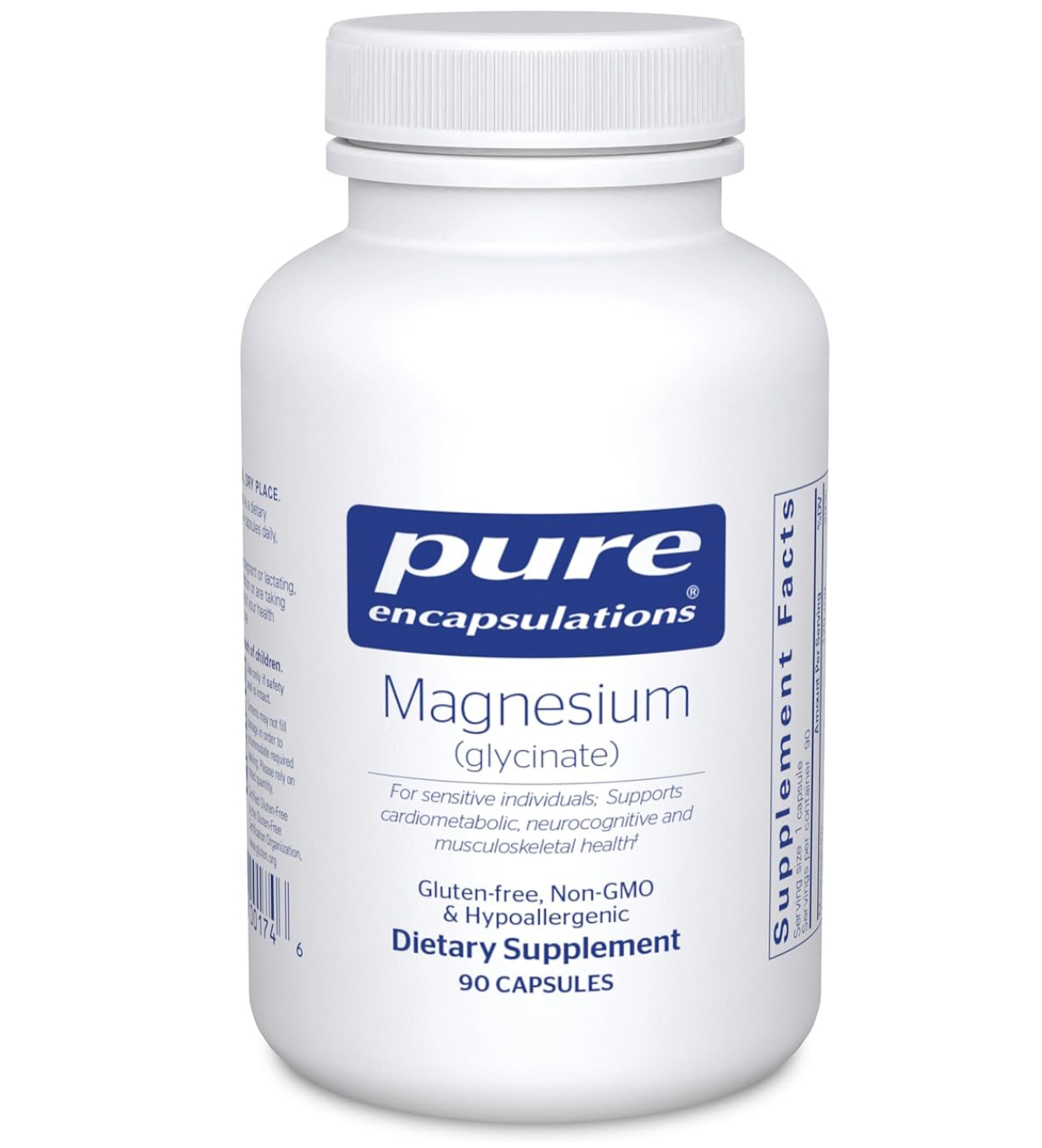
Looking For A Good Magnesium Supplement?
This is a "go to" in our house. We have ordered this many times. The ratings don't lie on this one!
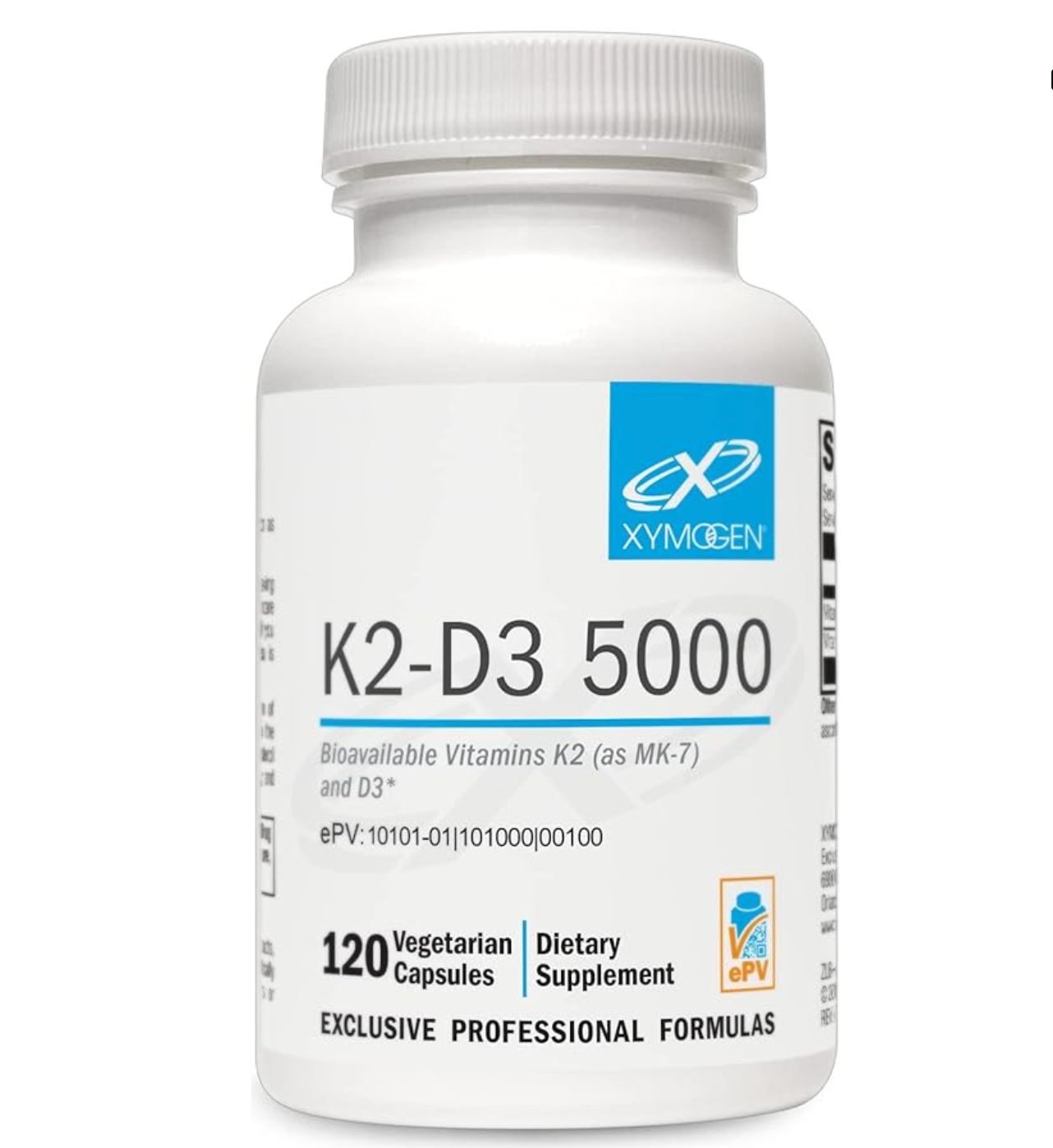
A Great Vitamin-D Supplement
If you are serious about getting a good, quality vitamin D supplement, this is the one to check out.
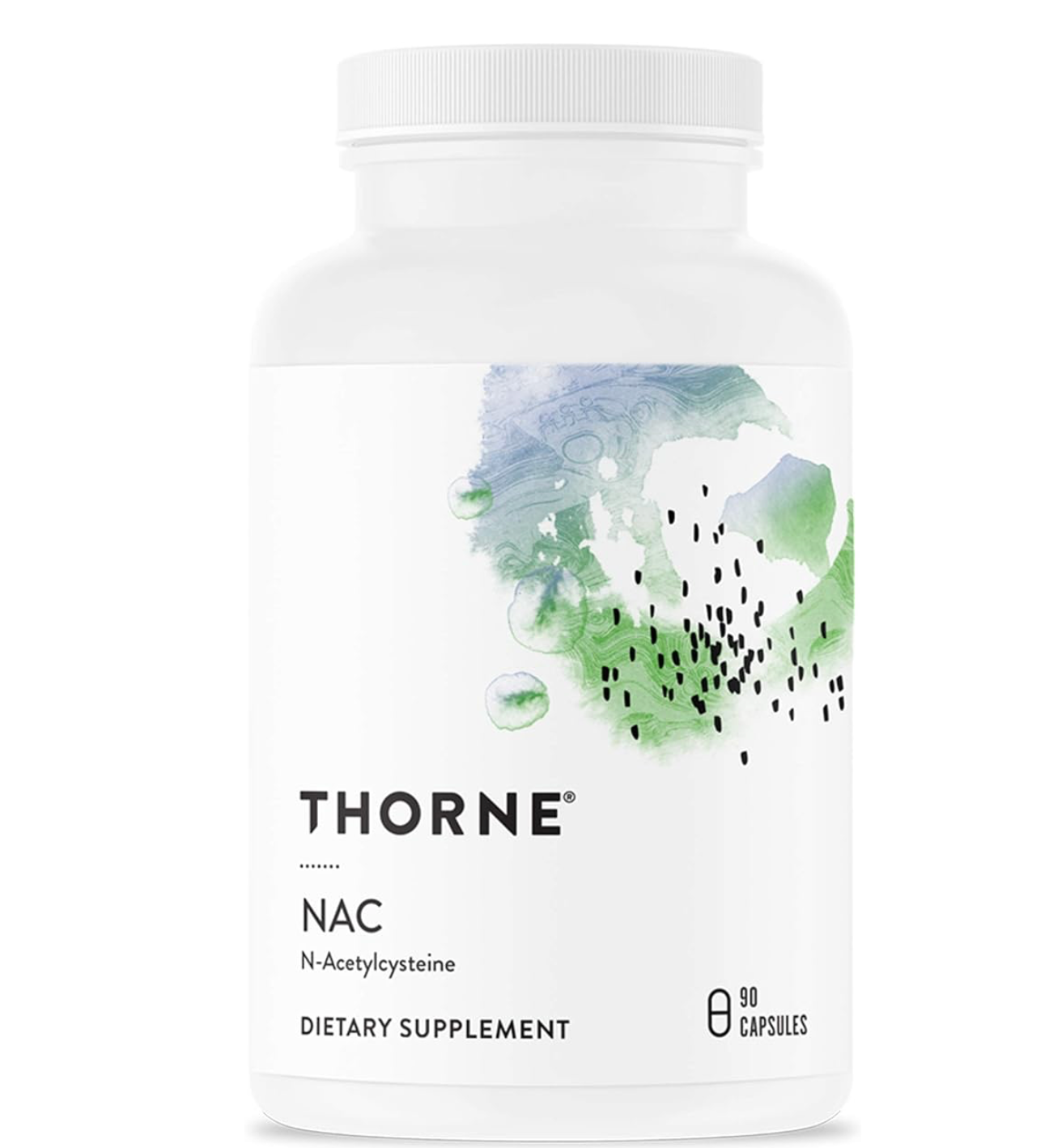
A True Buddy For The Immune System!
Good for respiratory health, liver and kidney detox, and general immune system support.
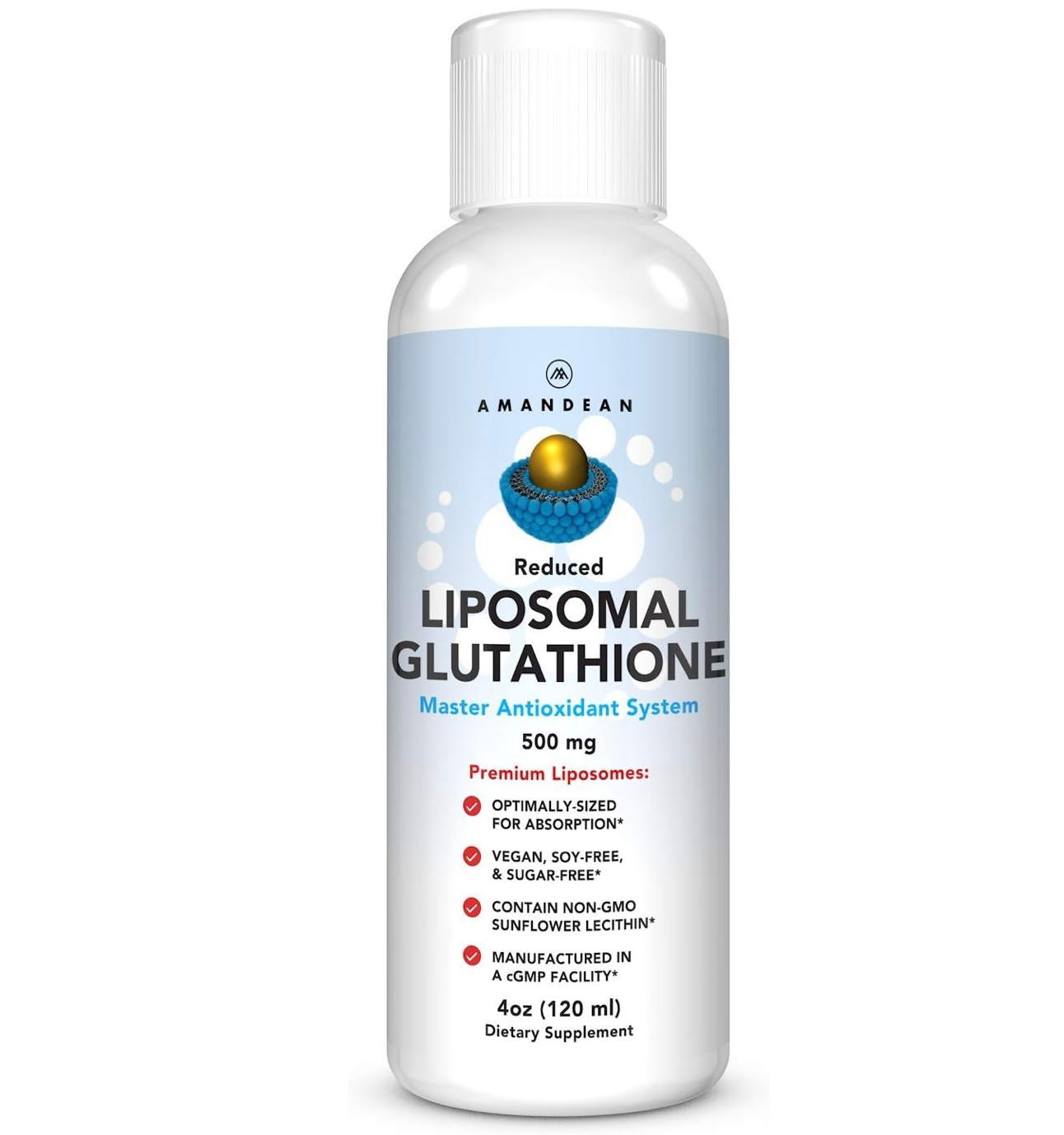
Another Immune System Powerhouse Assistant!
Here are the highlights:
- THE BODY’S MOST POWERFUL ANTIOXIDANT WITH MAXIMUM BIOAVAILABILITY
- IMMUNE SUPPORT, LIVER DETOX, & BRAIN HEALTH
- SKIN REPAIR
- SUPPORT CARDIOVASCULAR HEALTH
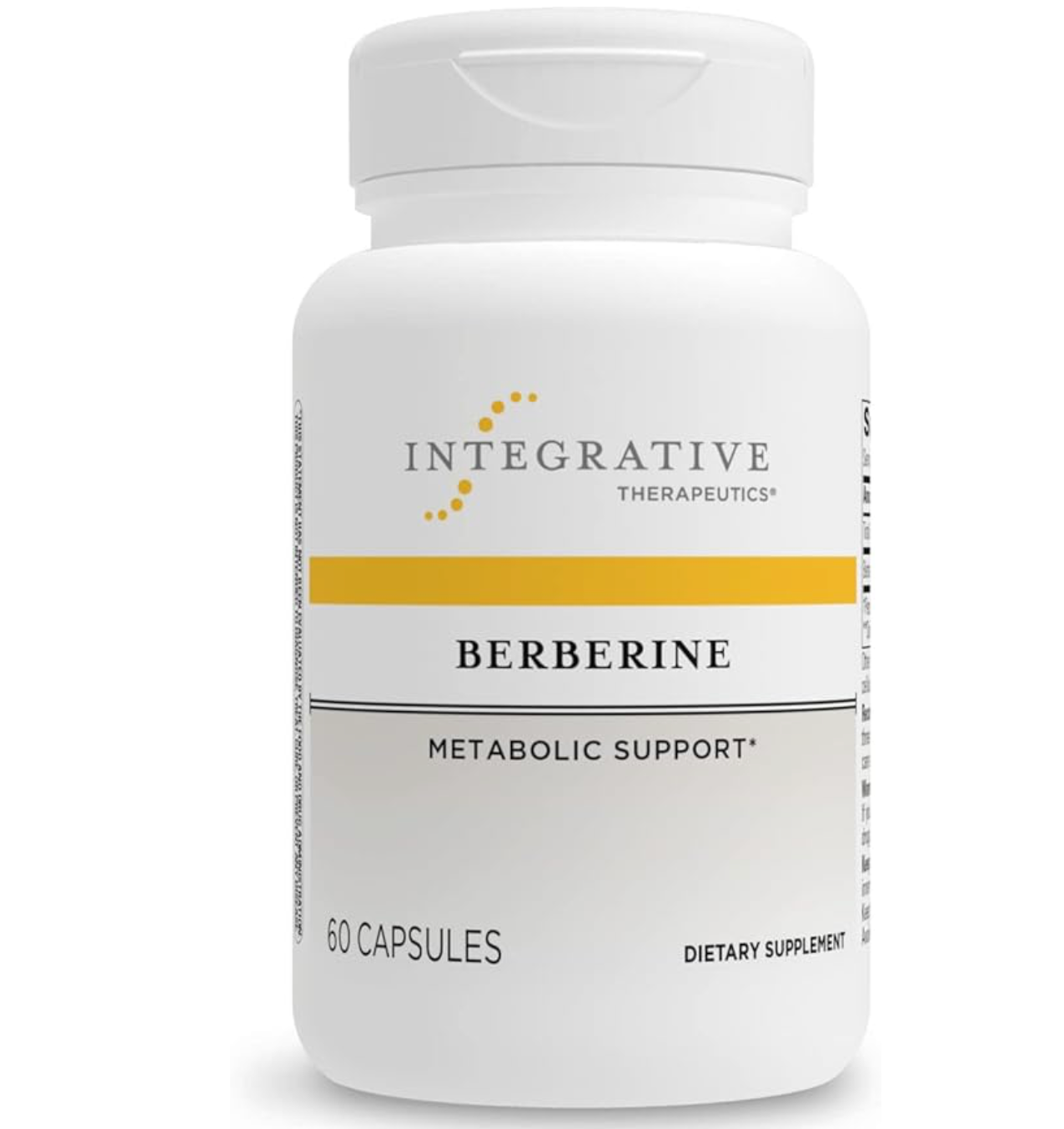
Another House Favorite
This really helps to bring balance to your metabolism. This is usually taken right after meals.
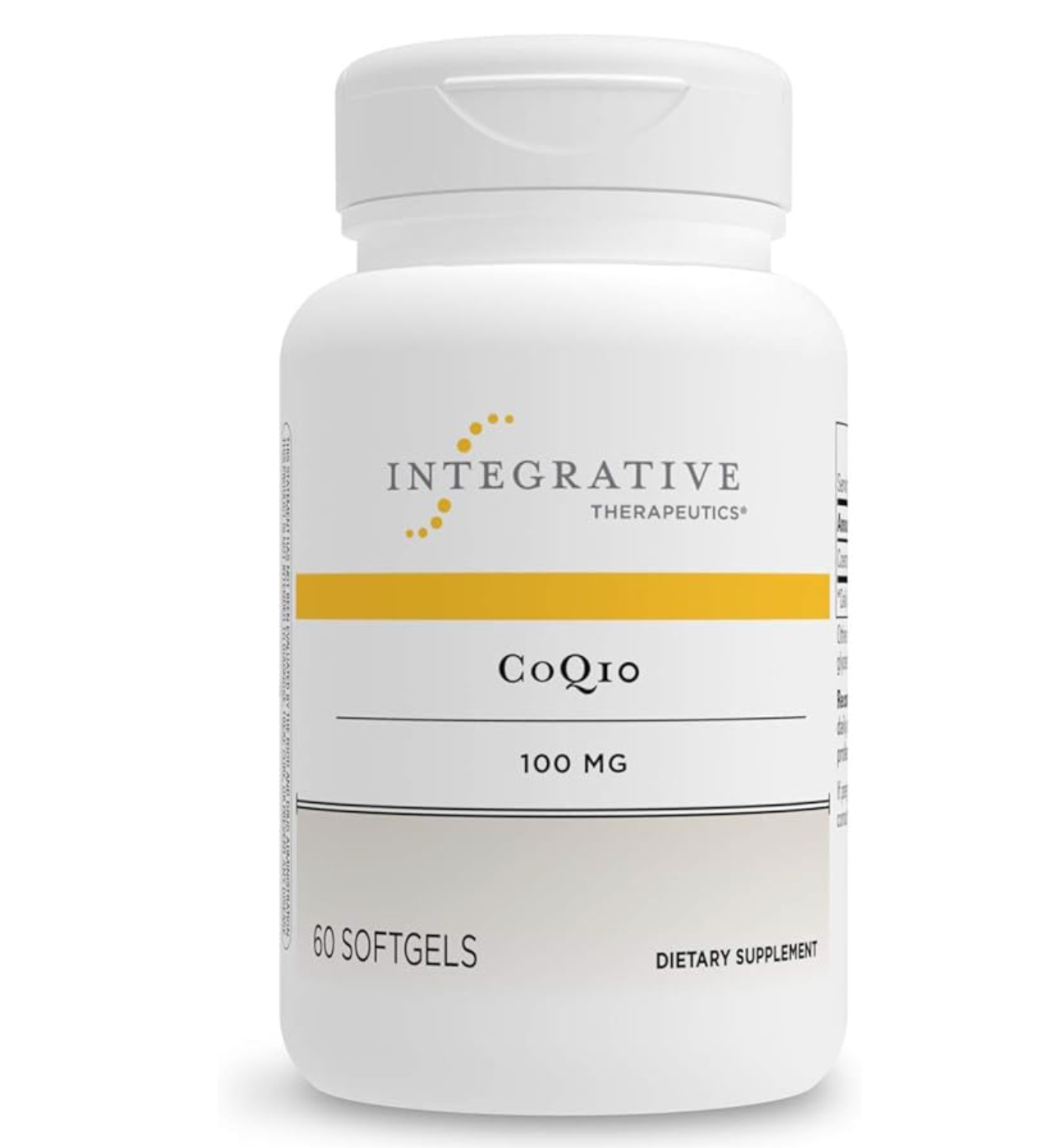

Great For Bone Support
This formula gives you a mix of nine bone supporting nutrients including strontium, silica, and vitamin K2.
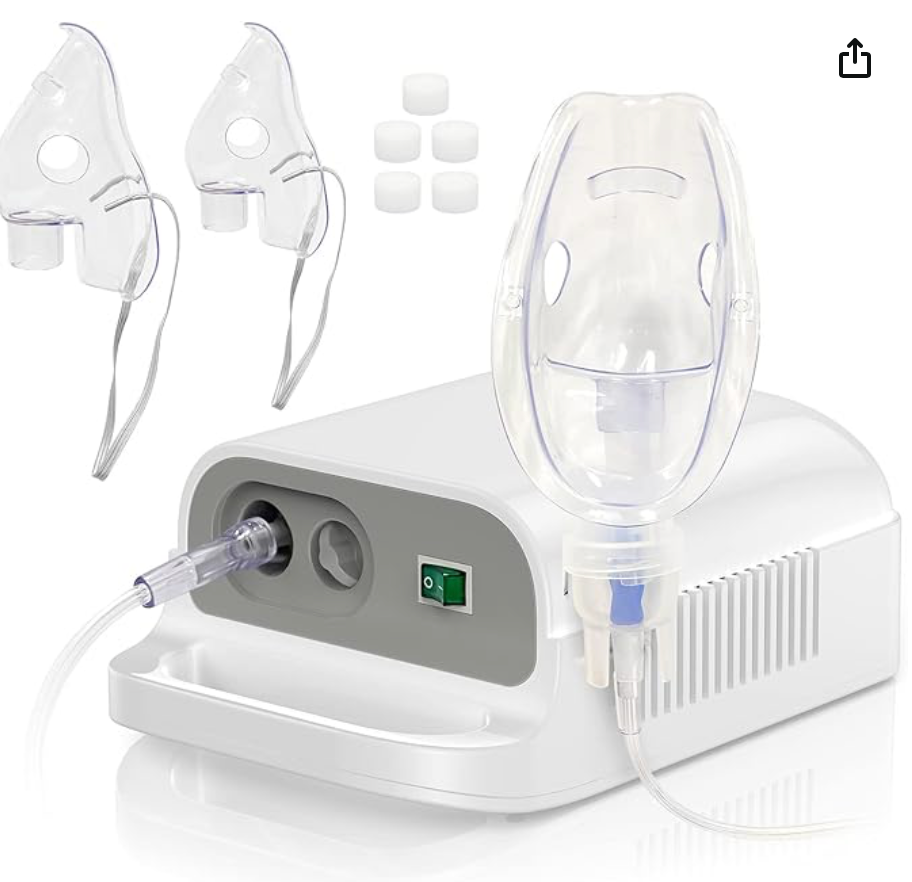
Great For Respiratory Issues
This lil device allows us to use our own herbs and oils so that we can get it right where they are needed the most.
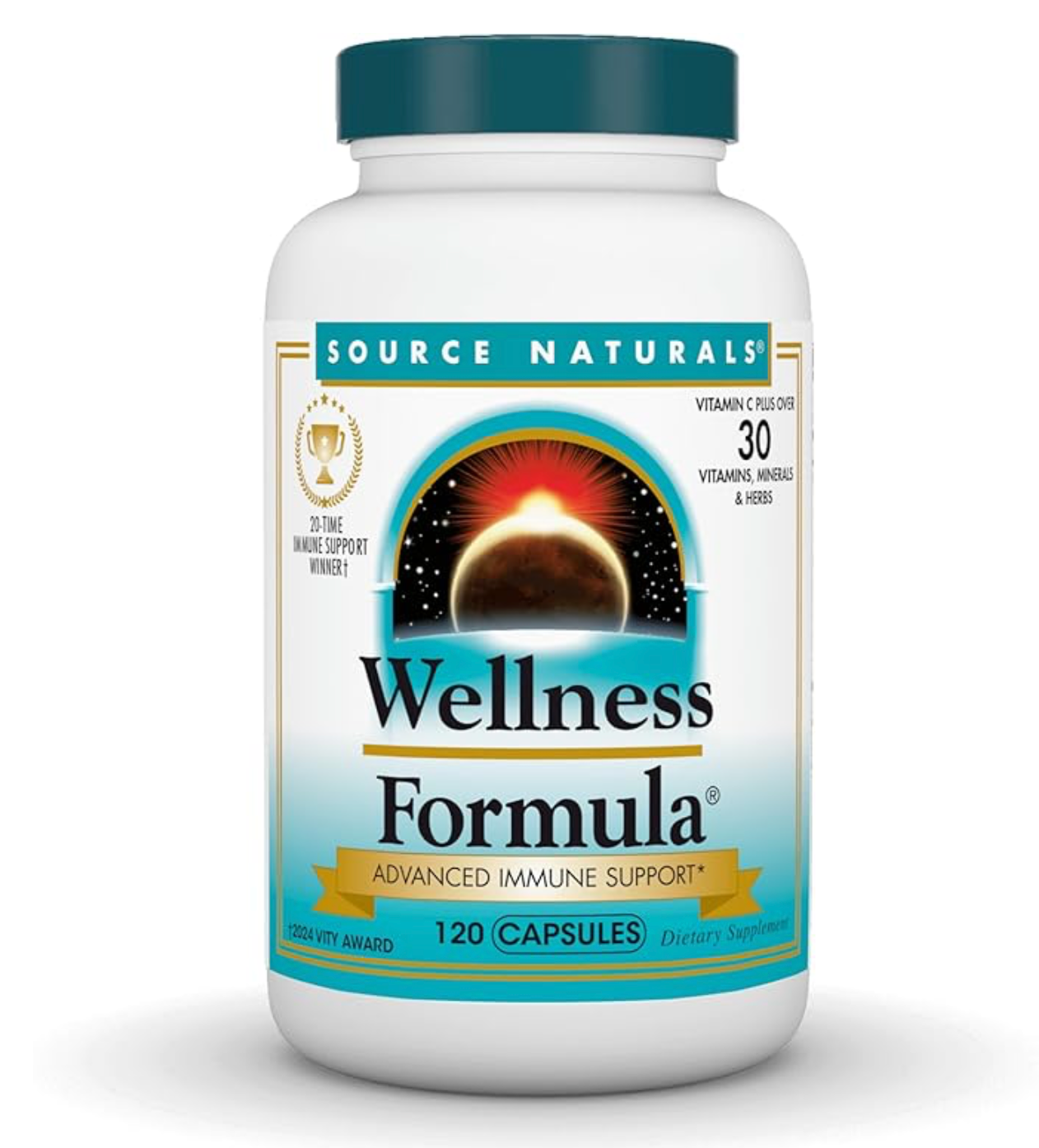
Stops Colds In Their Tracks!
Whenever we feel like a cold is about to take us down, we always reach for these. This is a "must have" in your medicine cabinet.

King of Bitters
If you want something that is awesome for your immune system system (like our liquid bitters), but the taste is just too much? This is a great alternative in a capsule.
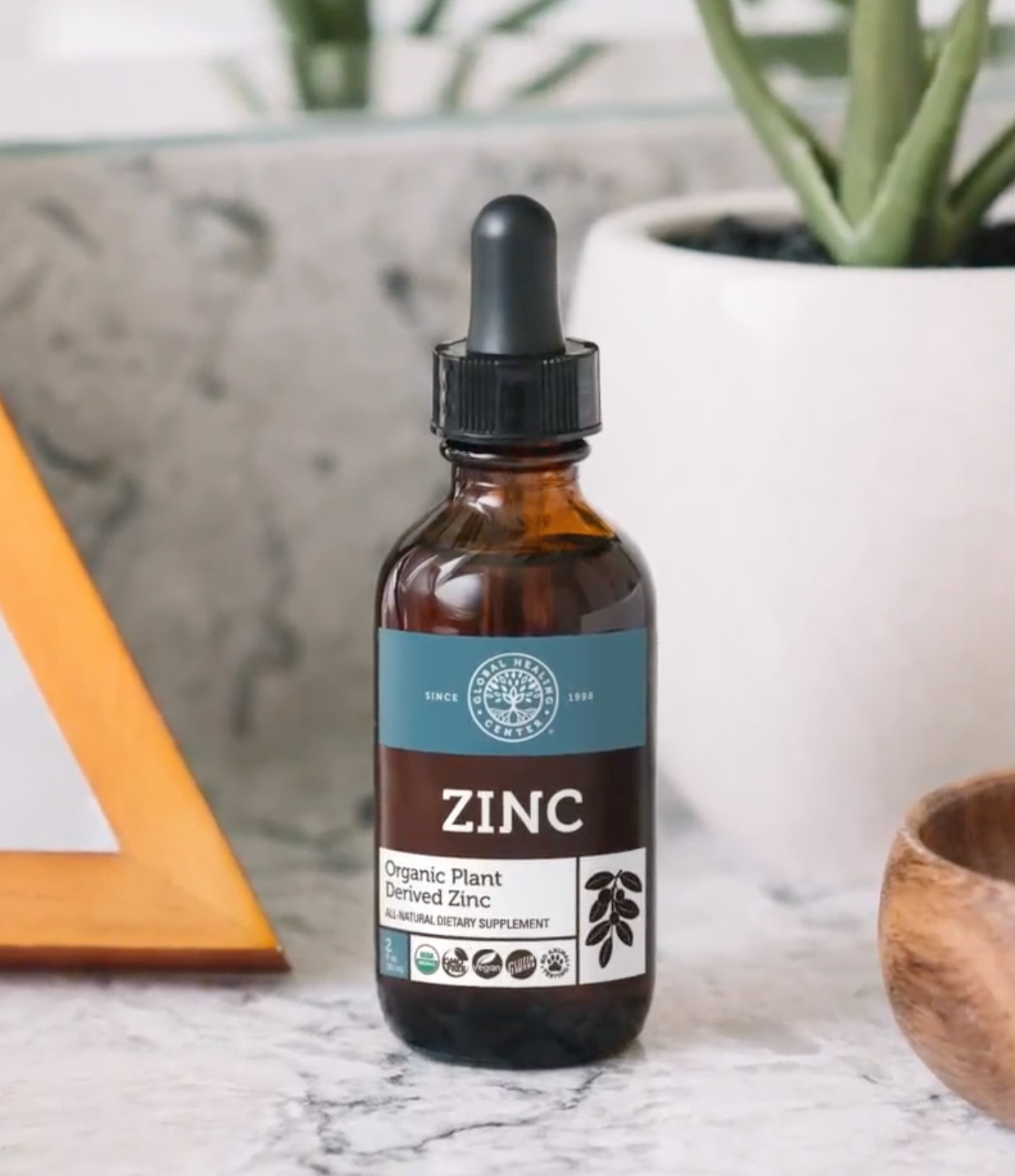
A Powerful Liquid Zinc
A great liquid option, made with nothing but clean and natural products.
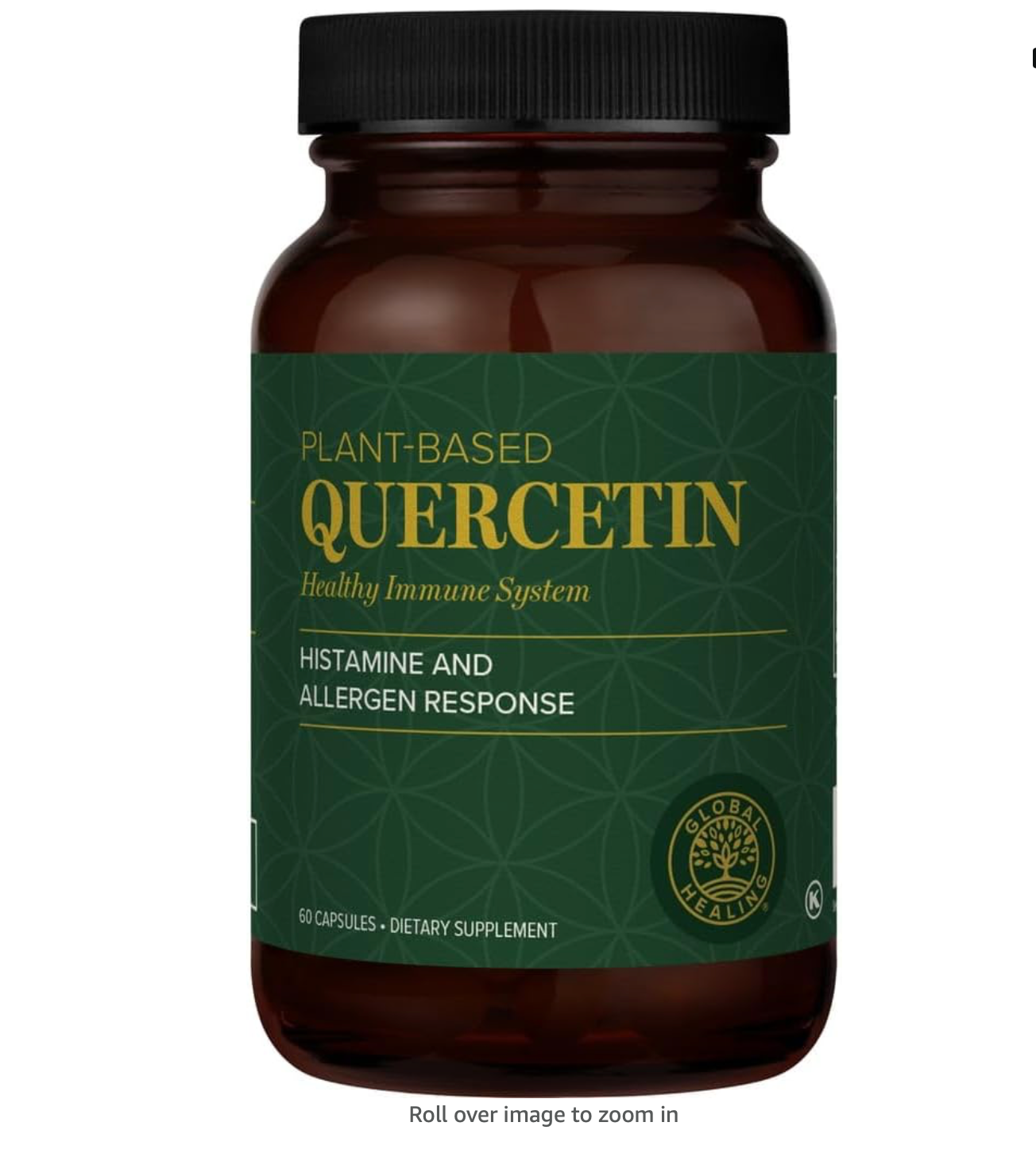
Another Great Immune System Assistant
This is great whenever you are dealing with allergies.

We Just LOVE This Vitamin C!!!
This vitamin C never disappoints whenever we start to feel a cold trying to come on.
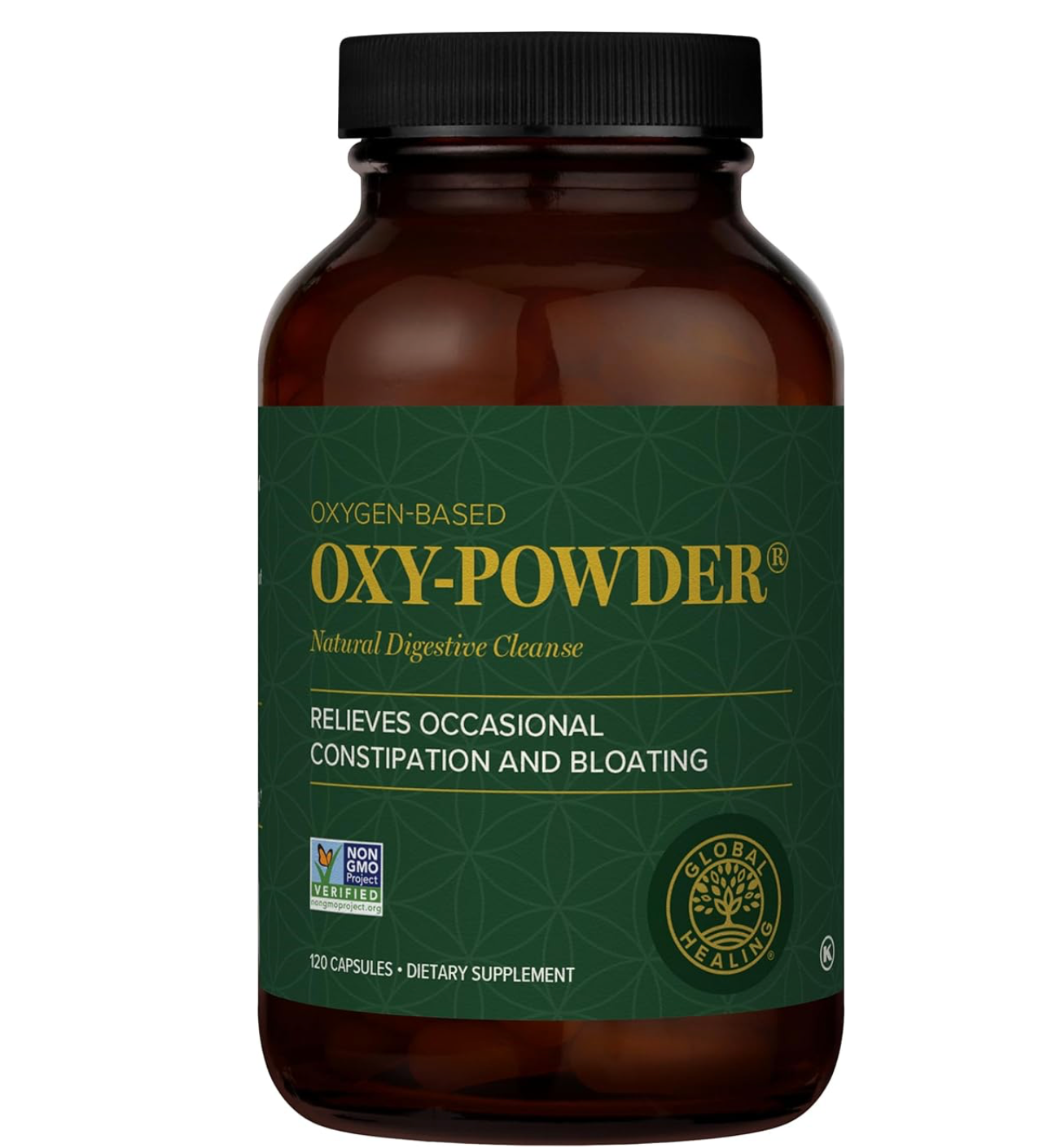
Great For Dealing With Bloating!
Just another great product that pretty much bring much needed relief.
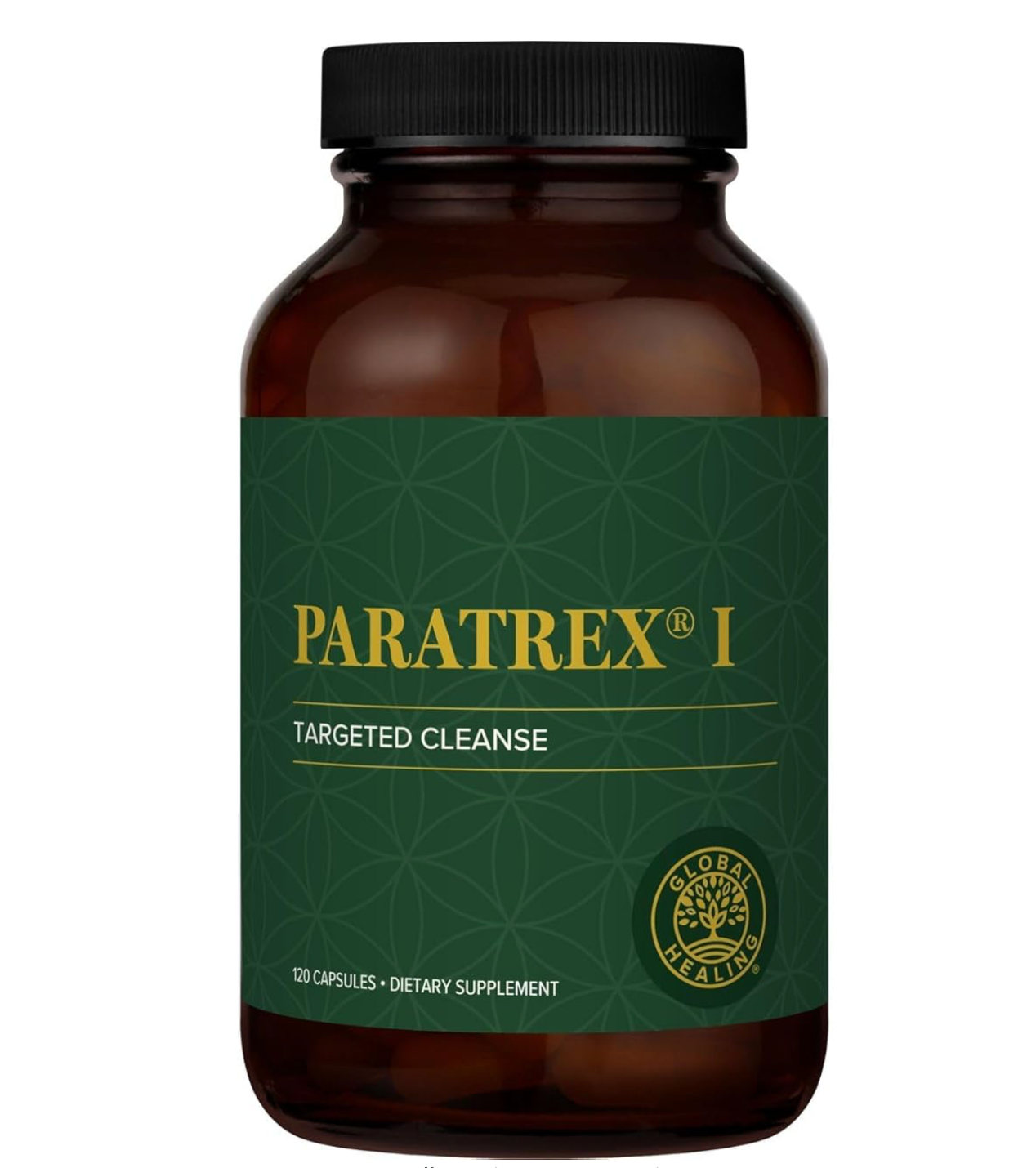
Get Clean On The Inside
A great option if you want to flush out some things in your life :)
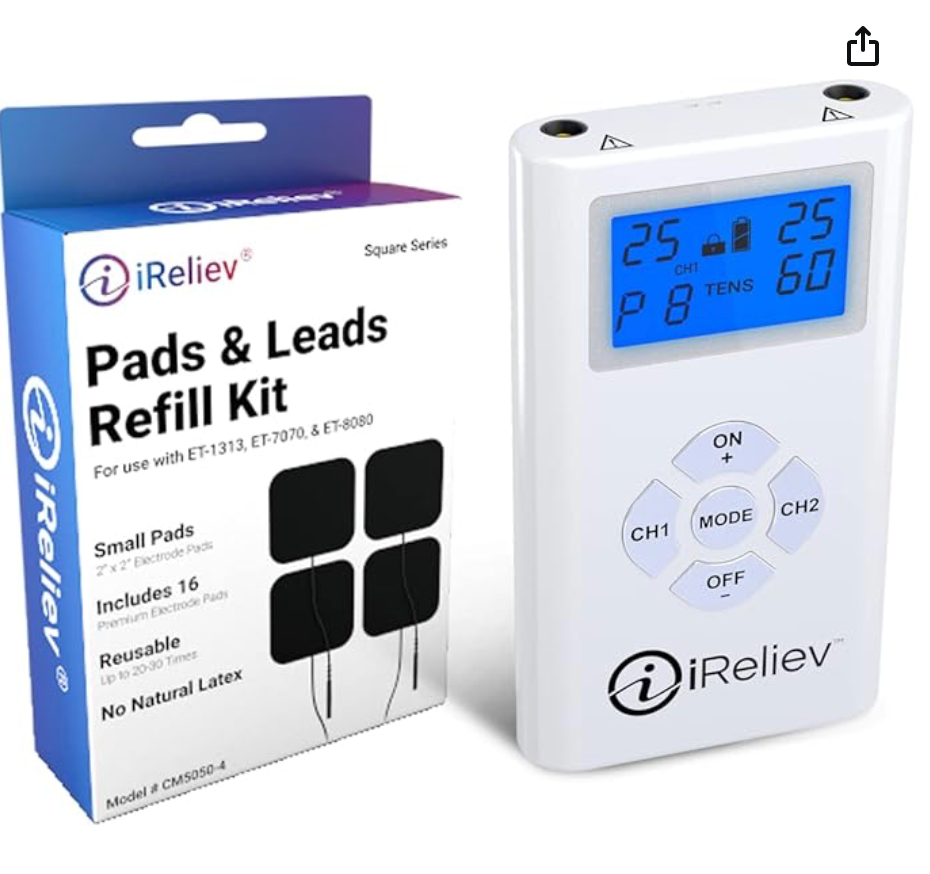
This Should Be Standard Equipment In Your House!
We cannot even begin to tell you how much relief these little devices bring to achy backs, joints and muscles. Very simple to use.
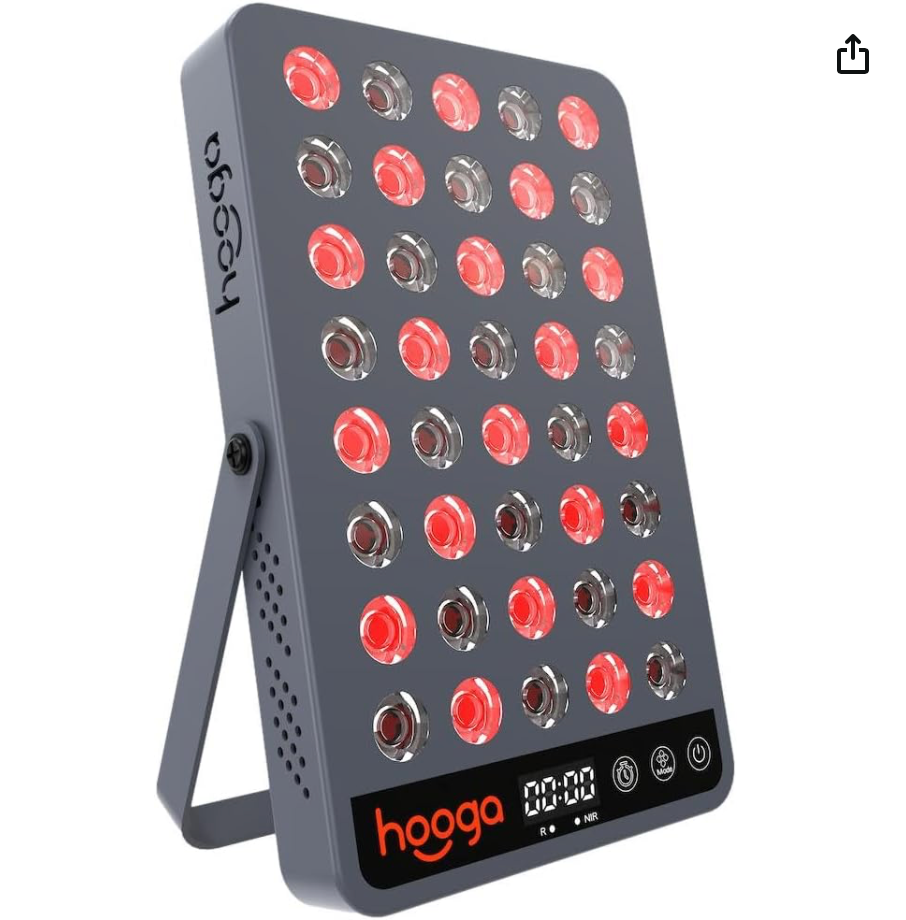
Another GREAT Machine That Produces Results
This device uses red light technology to get to the areas in your muscles that are in pain. We love this thing.

Great For Dealing With Nerve Damage
This came as a relief a few years ago for an injury. Worked very well!l
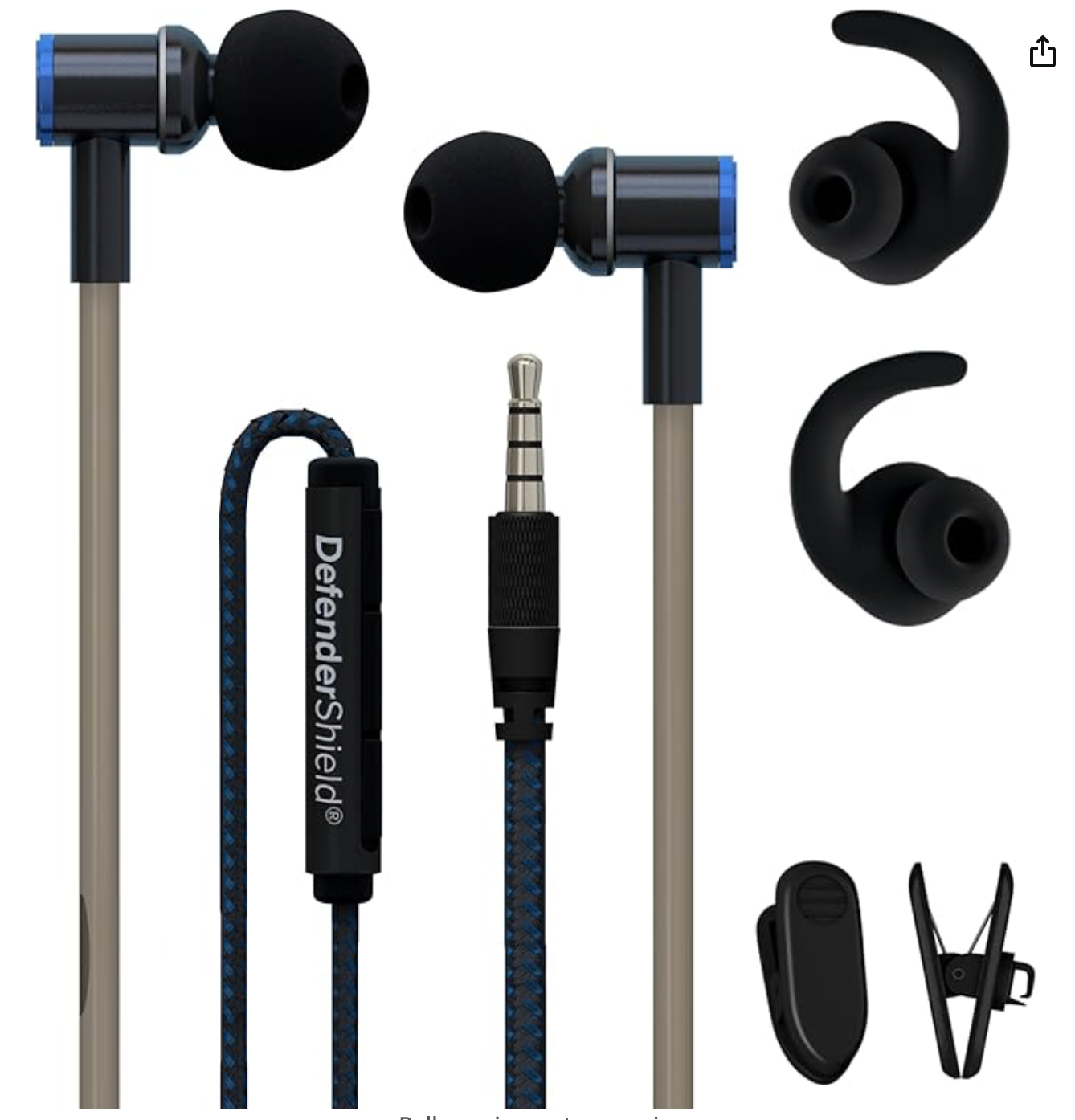
Safer Alternative For Your Brain
The toxic amount of EMF hitting the brain with bluetooth ear pods should be avoided. Wired earbuds are going to be a safer option with minimal EMF output. These earbuds are designed to eliminate it altogether.
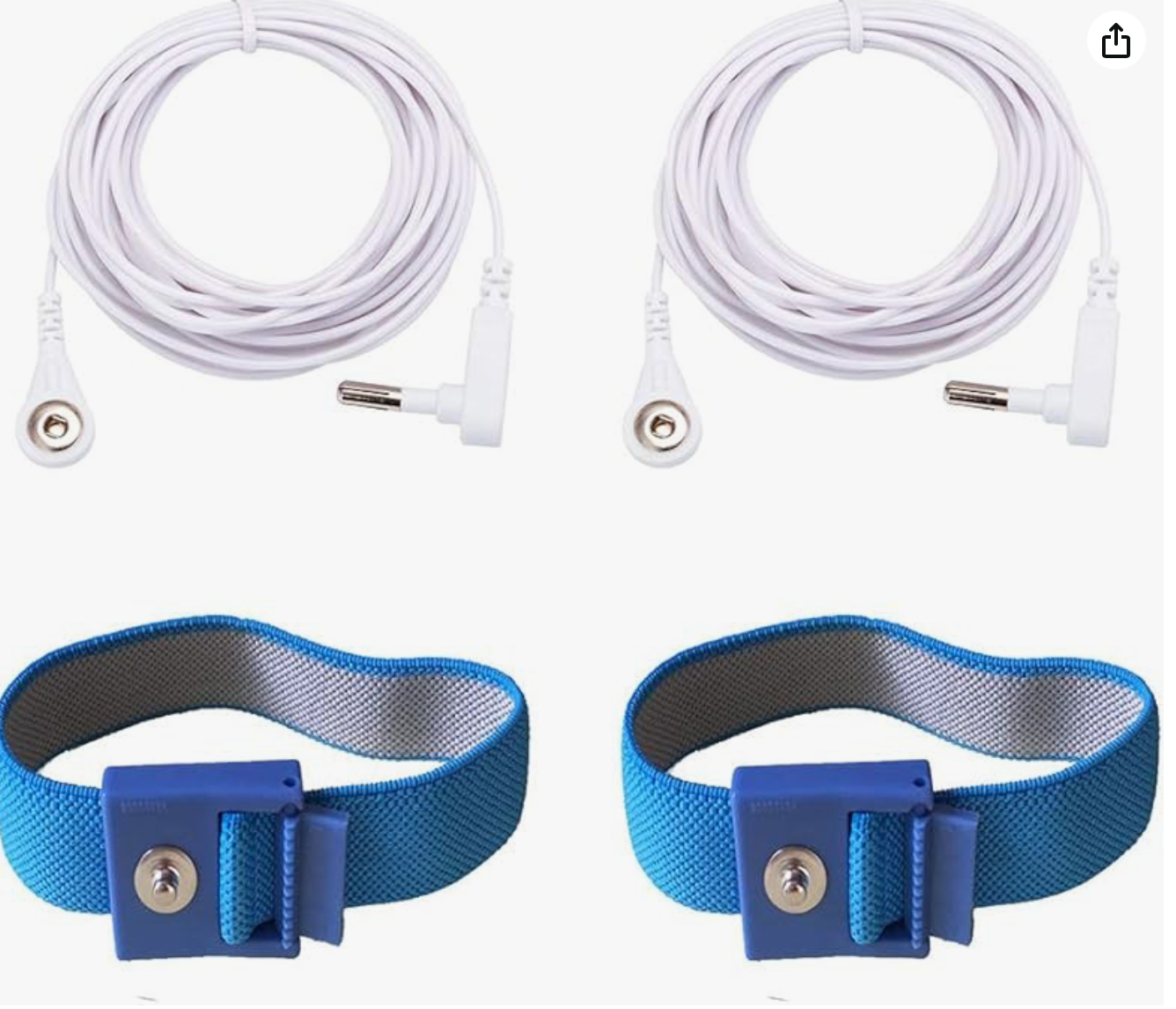
Grounding For Your Body
If you are not able to get outside to ground yourself, you should consider something like this when you are using your electronic devices. They assist with pushing some of that EMF energy coming from your devices to earth ground.
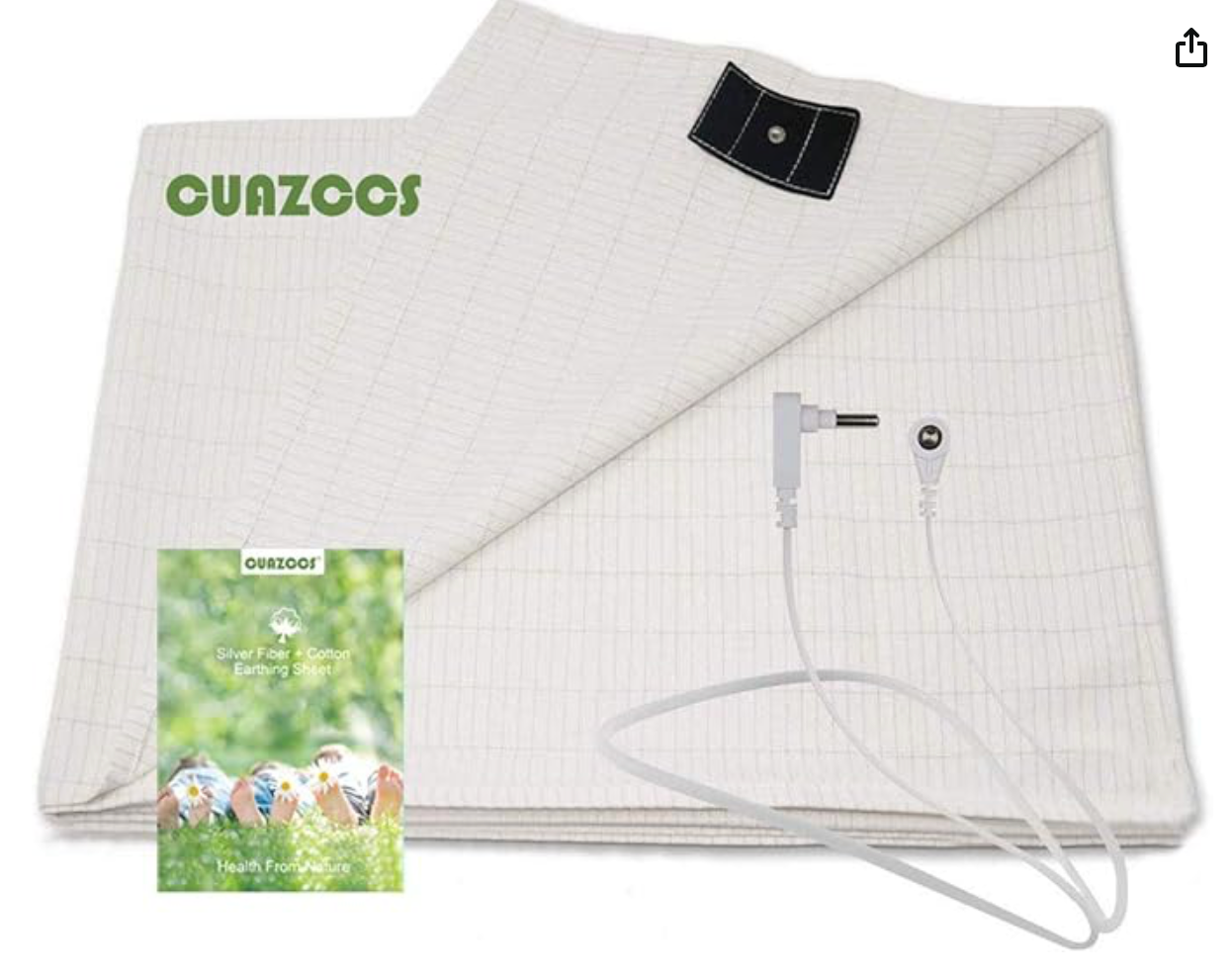
Grounding Bed Sheets
You can ground all night with these specially designed cotton bed sheets that connect to earth ground as you are resting.
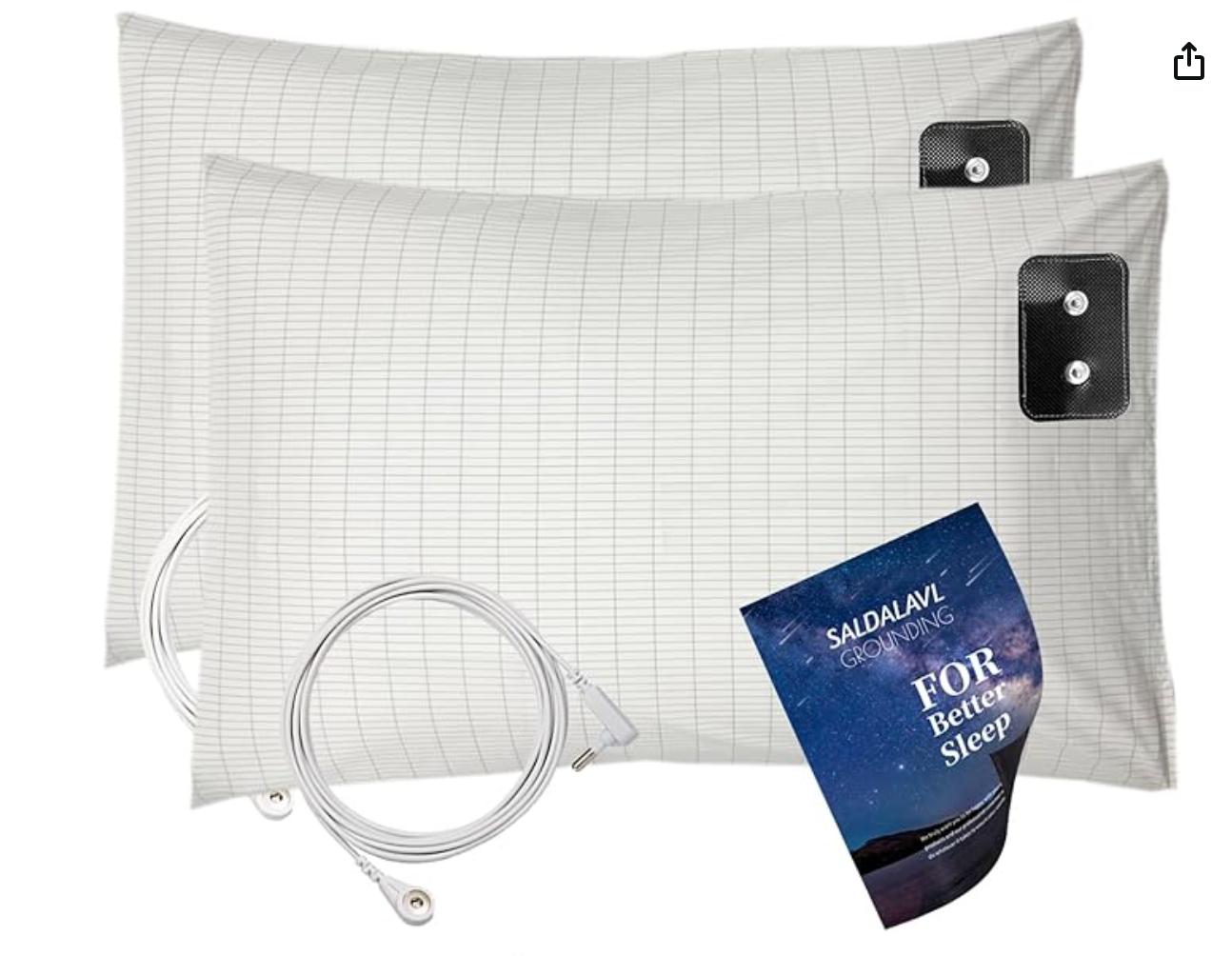
Grounding Pillow Cases
Why stop with the sheets when you can also have your pillows grounded as you are asleep?
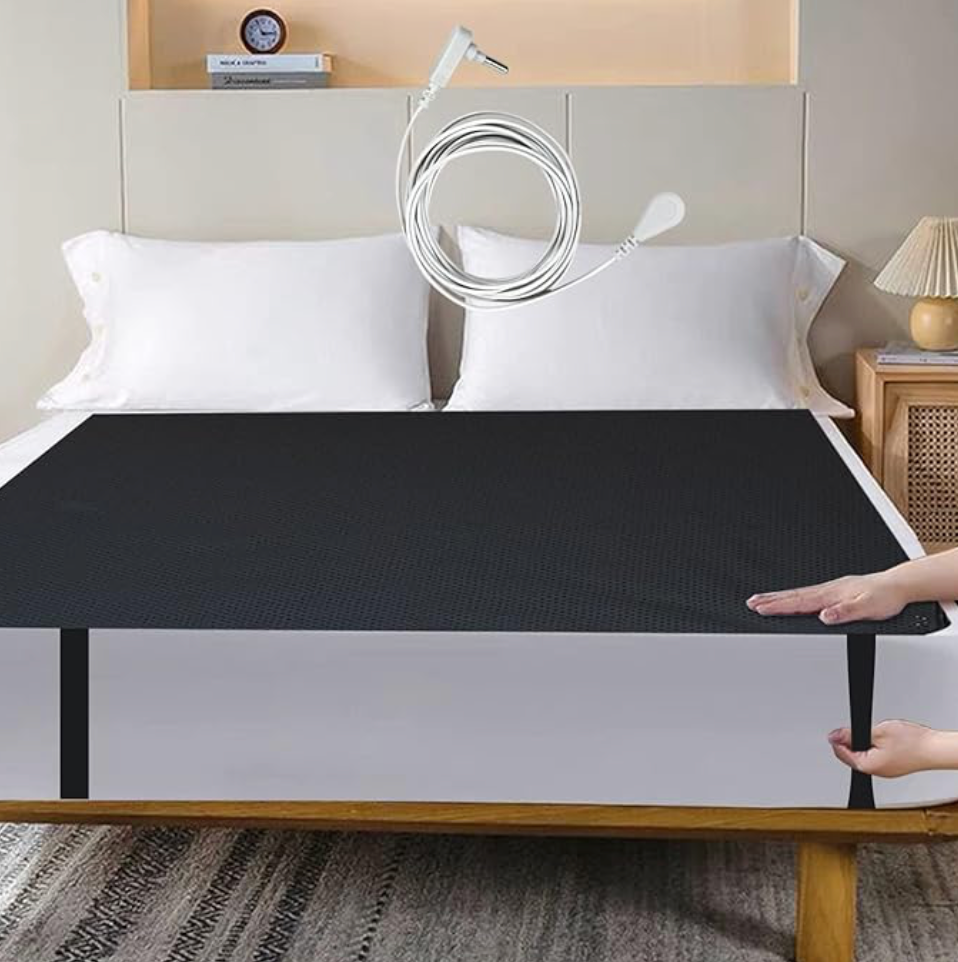
Grounding Mat For Your Bed
Sheets and pillows can get shifted during the night. Perhaps the mat might work better for you.
